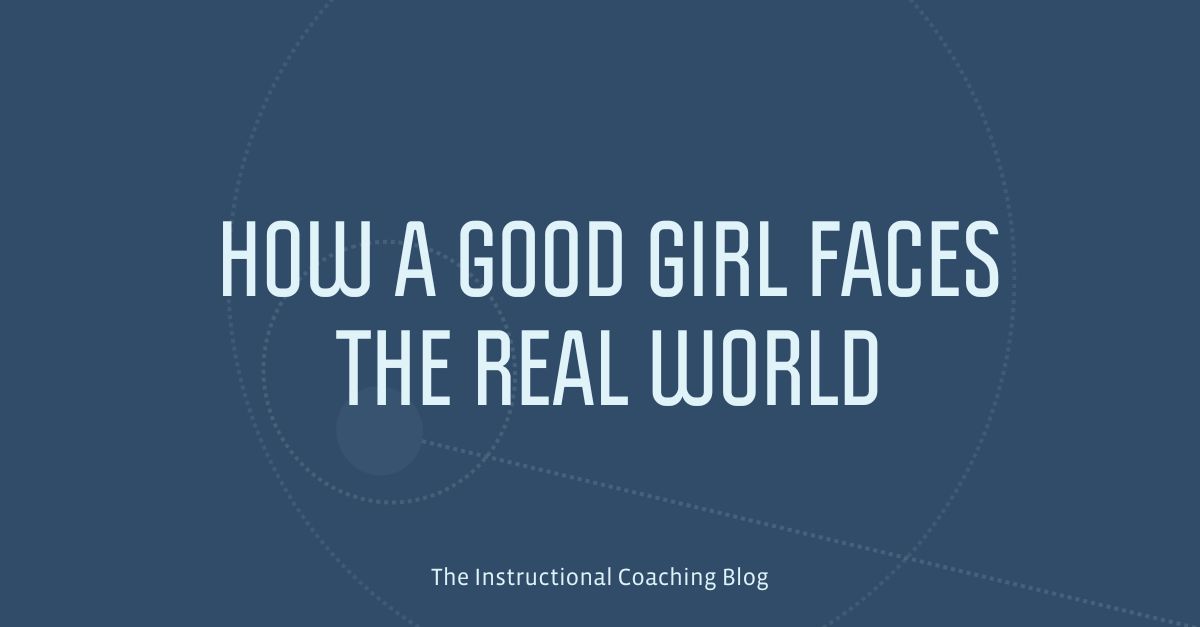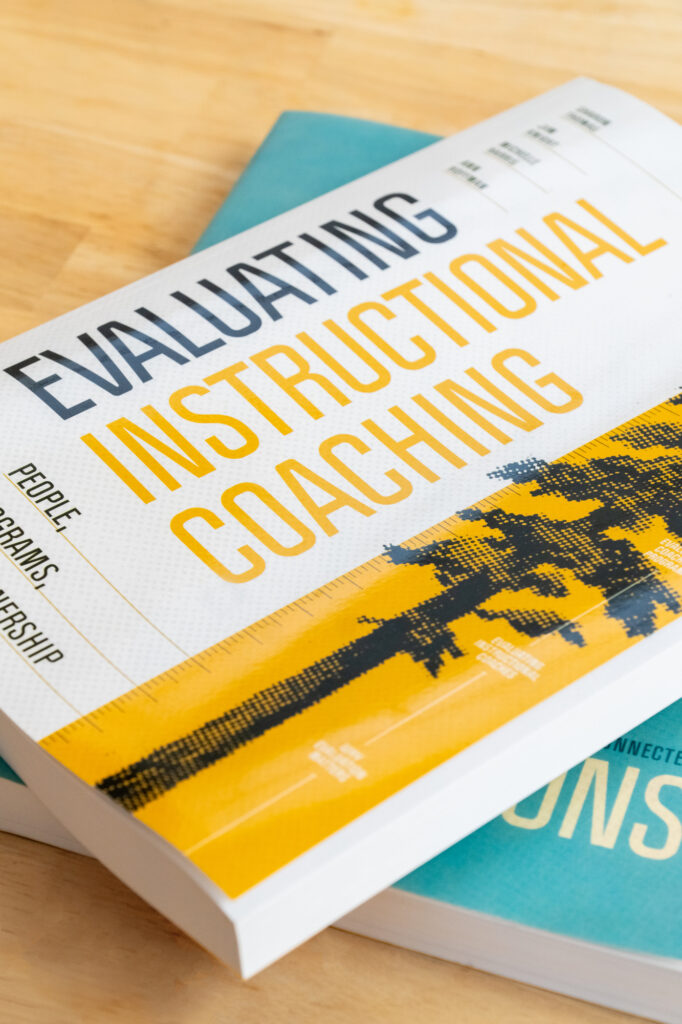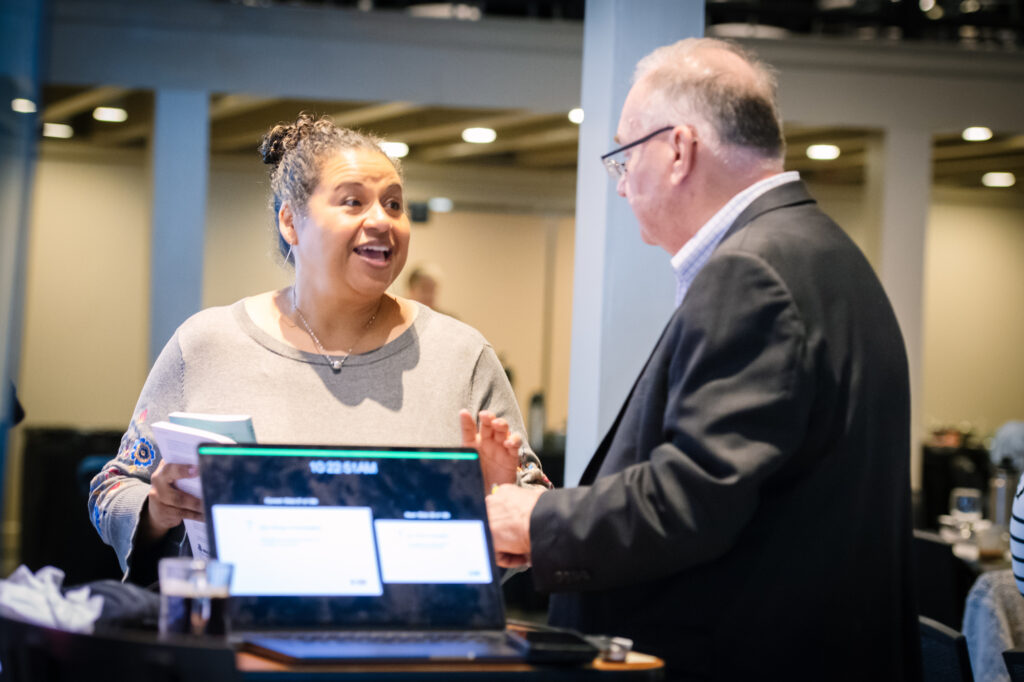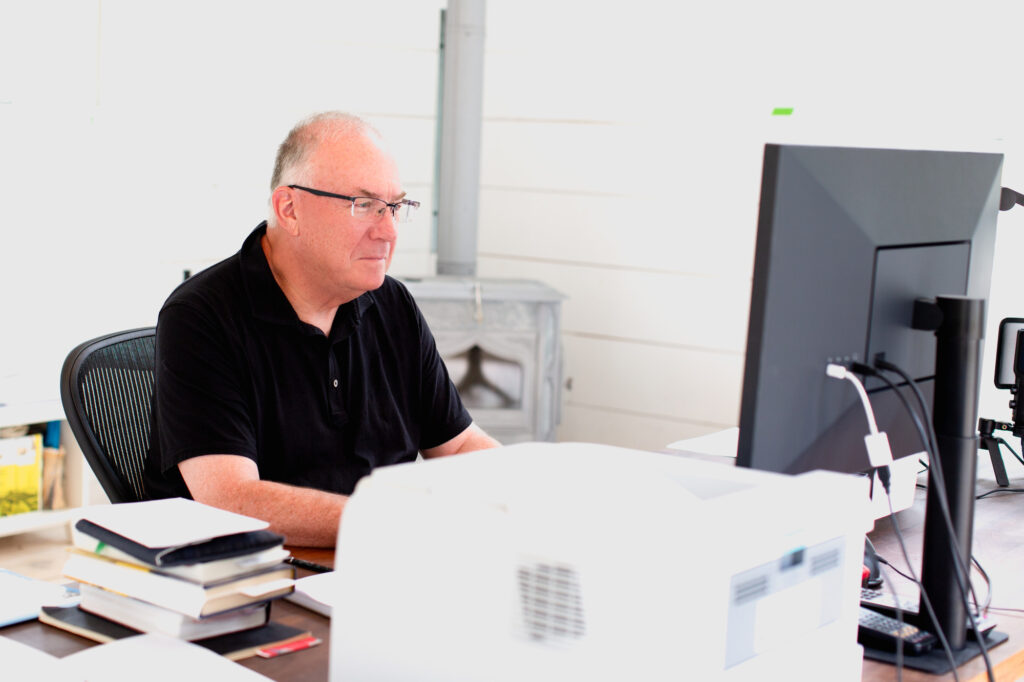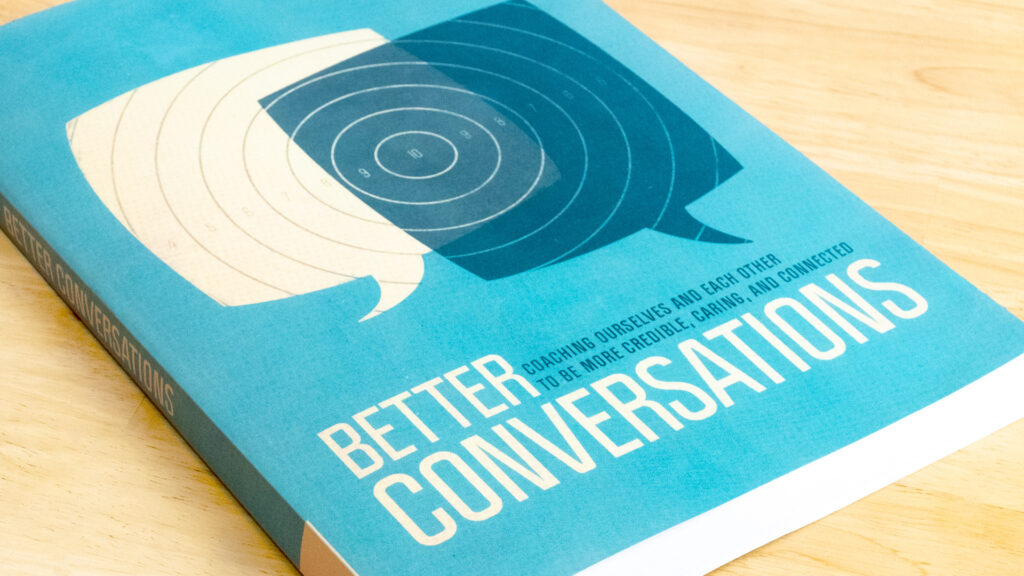Sharon Thomas is an outstanding teacher who truly inspires me with her deep commitment to students. She is also one of the most positive people I know. I asked her to write this column about what it takes to choose to see the world from an optimistic perspective, and she was kind enough to write this guest blog.
I have always been a Good Girl. I play by the rules. I meet expectations. I am punctual. I like pleasing my superiors. I excel at following directions. Being a Good Girl helps me to be a good teacher, a good employee, a good person. My principals tend to think I’m wonderful. My students often look up to me as a role model. My colleagues respect me. I have gone far in my little universe because I am a Good Girl.
Teachers usually are Good Girls and Boys. Typically, we were good students; we knew how to follow orders and bell-tones. Most importantly, we are people who want to do the right thing. But there’s a problem: The world doesn’t make sense to Good Girls and Boys.
The contrast between the way we think the world should work and the way the world actually is can break our hearts. That dichotomy makes us feel as if we are alone in upholding standards. It makes us feel as if no one appreciates how hard we work. It makes us feel as if we are fighting a losing battle—day after day, after day. The stress we feel as a result of those dashed expectations is what leads to bitterness and burnout. To stay positive and focused in a job that can continually involve bashing one’s head up against the proverbial wall, I have found that the secret to staving off burnout is to change my expectations, to change my view of the world, to change my definition of “Good.”
Bruce Springsteen1 says, “The great challenge of adulthood is holding on to your idealism after you lose your innocence.”
He is right. The conscious acknowledgment that the world is not all we thought it would be is the first step in taking charge of our world. The next step is taking responsibility for it.
I changed my view of the world by taking complete and total responsibility for my own sense of happiness and fulfillment. Every morning, I make a conscious decision to be happy at work. I say to myself (usually silently, but sometimes—when I really need it—I say out loud), “I am happy. I am going to a job I love with students who need me. I am so lucky.” Sure, it sounds a little Oprah-esque and more than a little cheesy, but it works. Starting my day by focusing on what is good about my life not only keeps me directed to that side of my emotional makeup, but also it reminds me that I (and only I) am in charge of how my day goes. Only I decide whether I am having a good day. Bad things will happen. A lesson will go awry. Students will behave badly. Parents will make choices I do not like. Administrators and other teachers will not keep their eyes on the collective ball, and I will have to deal with the consequences of those decisions. I do not expect the world to treat me fairly and kindly every day.
Rather, I will treat myself kindly.
I will remember why I entered this profession in the first place: to help kids have better lives by giving them better communication skills. I will remember who I am in every interaction: a human being, an educator, a public servant. I will remember that everyone in my building and in my school system is doing the best he or she can (yes, this is really difficult to remember sometimes) and is also trying to do the right thing, even if we disagree on what that thing is. I am not alone. I am surrounded by like-minded good people. I am surrounded by students who want love and care and knowledge, and, by God, I am going to give them all I can. I am in charge here. The days are long and hard, but I have a mission. I am that mission’s leader.
As a result, I feel incredibly powerful in a job that most people view as powerless. I feel in control when so many of my colleagues feel as if they are spiraling out of control. I feel happy. I feel purposeful. I feel strong. Sometimes I decide that I have had a bad day. I feel lousy. I text my husband that I will be needy and hungry when he gets home (and to brace himself accordingly). I call or message my best friends. I cry. And then I pull myself out of it. The next day I say, “I am happy. I am going to a job I love with students who need me. I am so lucky.”
I am still a Good Girl, albeit a different kind of “Good.” I get up every morning and go to school believing in what I do and in what my students do. I teach a unit on Holocaust literature to my 10th graders every year. That unit led me to the work of Viktor Frankl,2 a noted psychiatrist and Holocaust survivor.
During Dr. Frankl’s most terrifying moments in various concentration camps, he clung to mental images of his wife. He imagined conversations with her, imagined her face gazing at his. Frankl theorized later that it was his ability (and the ability he also saw in fellow prisoners) to focus the mind on people and ideas that he loved that enabled him to survive the camps. He chose how to focus his mind; he did not allow his captors to choose his focus for him.
Teaching is a difficult job. To survive, and to have our work continue to be meaningful and to be a source of happiness in our lives, we must embrace the power and satisfaction that comes from taking charge of our lives. We must chuck our images of ourselves as Good Girls and Boys in a Bad World. We must not let others choose our focus for us.
In the words of Dr. Frankl,
“Everything can be taken from a man or a woman but one thing: the last of human freedoms, to choose one’s attitude in any given set of circumstances, to choose one’s own way.”
I choose my own way every day, and I am happy. I am going to a job I love with students who need me. I am so lucky.
1Springsteen, B. (1988, 15 September). Amnesty International Human Rights Now! Tour [press conference]. Toronto, Ontario, Canada
2Frankl, V. E. (2006). Man’s search for meaning. Boston, MA: Beacon Press.
